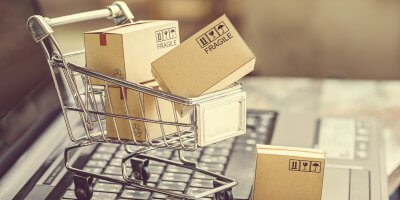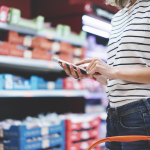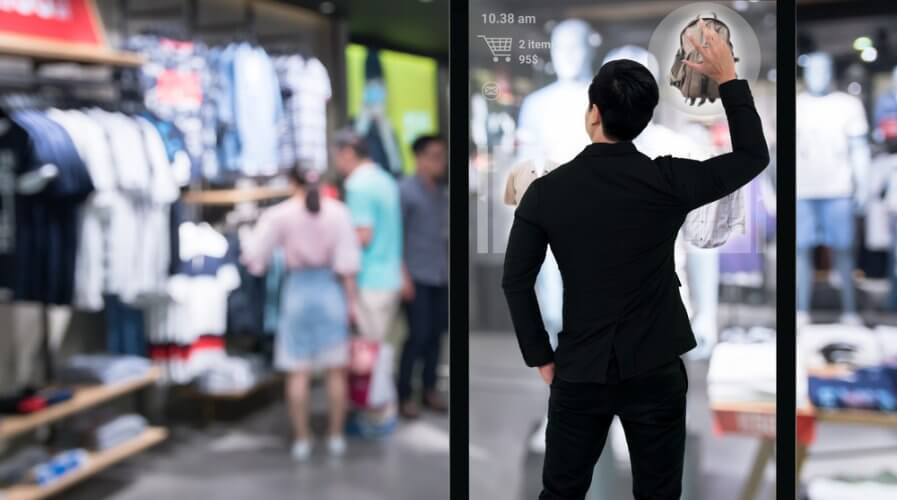
Experiential shopping is one way retailers are working to keep shoppers visiting their brick-and-mortar stores. Source: Shutterstock.com
The push toward ‘retailtainment’
RETAILTAINMENT is a term used to describe experiential retail: the merging of entertainment and technology with traditional shopping.
This is one way in which retailers are working to keep consumers visiting their brick-and-mortar stores. And these efforts are crucial considering an estimated 8,000 retail store locations will close this year, according to financial services company Credit Suisse.
The growing increase in shopping options available to consumers is resulting in retailers having to leverage their physical stores as marketing opportunities where they can form deeper connections with consumers.
Despite the increase in online sales, data has shown that in-store experiences still drive shoppers to browse beyond their smartphones. According to the 2017 National Retail Federation ‘Consumer View’ report, which surveyed more than 3,000 millennial and Gen Z consumers, 49 percent reported visiting stores more often than they used to due to new entertainment or food options.
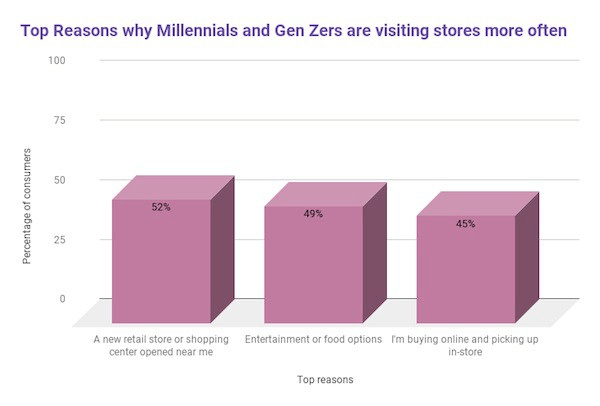
Source: National Retail Federation
Growing trend
Many retail companies are utilizing the power of experiential retail in their brick-and-mortar stores. On top of this, the industry is seeing an increase in pop-up stores designed for retailtainment experiences.
For instance, Google has introduced a pop-up store in Manhattan, which involves a giant snow globe where shoppers are invited to hop inside and pose for pictures taken by Google’s new Pixel 2 smartphone.
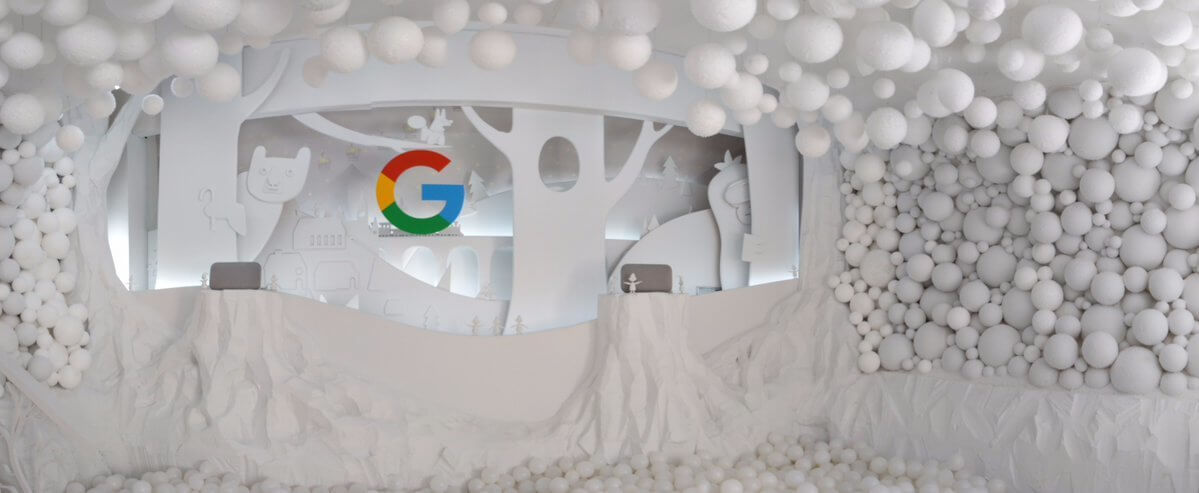
Source: Digiday
E-commerce giant Alibaba is also no stranger to the retailtainment movement. This Singles Day, Alibaba tested 60 pop-up stores across China, with features such as digital screens in which shoppers could virtually try on items such as sunglasses or cosmetics.
Another successful retailtainment feature was Alibaba’s Tmall ‘See Now, Buy Now’ fashion shows, where shoppers, with the use of their smartphones, could bring up information on a product modeled on the catwalk right away. Viewers were able to shake their mobiles when they saw something they wanted, and receive links to the product page where they could make a purchase. Alibaba received 812 million orders, equating to a record-breaking US$25.3 billion in sales from the shopping event, according to Seeking Alpha.
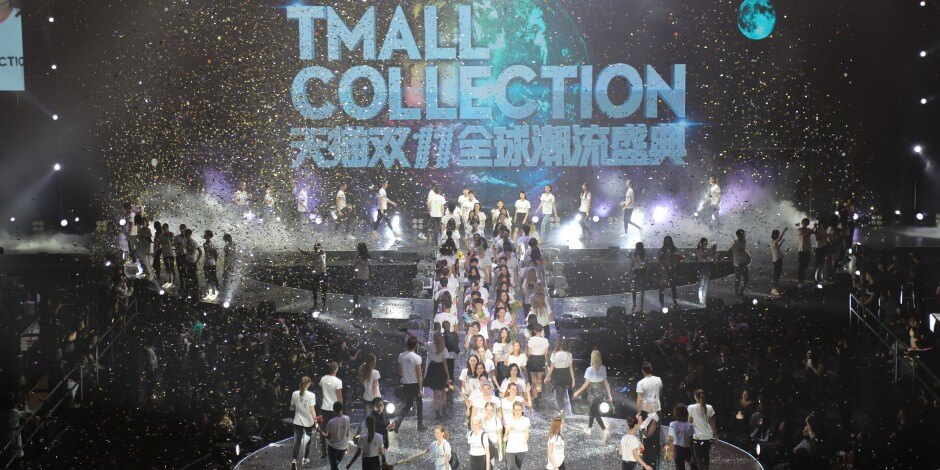
Source: The Drum
It seems the interest in experiential retail is only going to surge. Last month, PSFK released its ‘Future of Retail 2018’ report, which found 55 percent of the 400 retail executives surveyed will spend a portion of their marketing budgets on in-store experiences by 2020. This interest in experiential retail took second priority to the investment in data collection and tracking (68 percent).
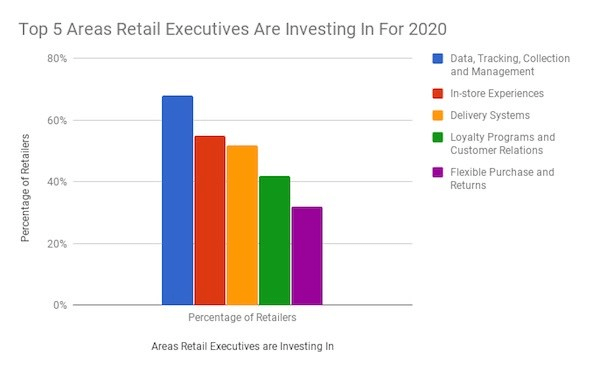
Source: PSFK
Personalized consumer experience
According to a study by PR and digital marketing agency Walker Sands, when consumers were asked what would cause them to shop more in physical stores, those polled pointed to personalized and unique experiences. This included food and beverage offerings, live product demonstrations, special events, VR experiences and smart dressing rooms.
READ MORE
- Global concerns rise over alleged cyber hacking activities linked to China
- China’s new tech policies challenge Intel and AMD in a shifting landscape
- Saudi Arabia could become the largest player in the AI industry
- How vulnerable are we to cyber threats in the digital age? Here’s what IBM found
- Wise: Revolutionizing travel and finance in Malaysia

